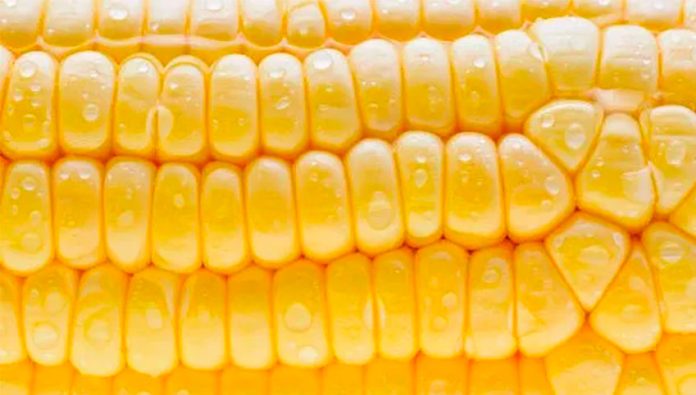President López Obrador has ruled out changing his administration’s agriculture policies after more than 20 United States agricultural groups wrote to the U.S. government to raise concerns about trade with Mexico.
The American Farm Bureau Federation (AFBF) and 26 other agricultural organizations sent a letter to U.S. Secretary of Agriculture Tom Vilsack and U.S. Trade Representative Katherine Tai on Monday that noted that “the food and agriculture trade relationship with Mexico has declined markedly.”
The organizations said the implementation last July of the USMCA, the new North American free trade agreement, has not reversed that trend and urged Vilsack and Tai to address “this important but quickly deteriorating trade relationship.”
The groups, among which are also the American Feed Industry Association, the National Corn Growers Association, the National Potato Council and the U.S. Grains Council, raised concerns about Mexico’s plan to stop importing genetically modified corn and phase out the use of glyphosate, a controversial herbicide.
They also voiced opposition to increasing obstacles to dairy trade, an organic export certification requirement, Mexico’s “state-sponsored campaign of disparagement of corn sweeteners from the U.S.” – which the government has described as “poison,” meat industry market access rules, food labeling requirements and a potato import ban that has mostly shut American potato farms out of the Mexican market.
In addition, the agricultural groups asserted that the Mexican government has created “significant uncertainty for agricultural biotechnology” by halting the review and approval of biotechnology applications since May 2018.
“As a result, Mexico has become a significant barrier to launching new biotechnology products within North America, potentially restricting U.S. farmer access to new technologies that will assist in addressing critical issues such as sustainability and climate change,” the letter said.
“We are eager to work with you to address challenges in the Mexico trade relationship, which is critical to U.S. farmers, ranchers, producers, and workers,” it concluded.
Dave Salmonsen, AFBF senior director of congressional relations, told the agricultural newspaper Capital Press that some issues, such as the potato import ban, have been going on for years while others are fairly recent.
“Things just aren’t getting addressed,” he said, adding that it seemed like a good time to address the issues again given that a new government is in office. Salmonsen said Mexico has been a good market for U.S. producers and noted that it’s the leading market for some commodities such as corn and dairy products.
“It’s been a growing market, and we want to keep it growing,” he said.
Speaking at his regular news conference on Tuesday, López Obrador said the government would not alter its agriculture policies in light of the concerns.
“We very much respect those who raise these issues, that’s their right, but we’re applying a policy to put an end to corruption and boost the countryside to achieve food self-sufficiency and not harm the health of Mexicans at the same time,” he said.
“There are agro-chemicals that harm the health of farmers, producers and consumers and we’re not going to allow our people to be poisoned,” López Obrador said.
“… We have to make sure that the consumption of food matches health recommendations; we’re not going to allow genetically modified corn and in the case of glyphosate we’re regulating its entry [into Mexico] because it’s proven that it causes harm – it’s a herbicide, a chemical and we have to look after people’s health.”
Probed as to whether the government could tweak aspects of its agricultural policies to appease U.S. farmers, the president responded:
“No, it’s the same policy – to try to produce in Mexico what we consume so that we don’t have to buy corn, beans and rice. We’ve reached an extreme of buying [from abroad] 85% of the rice we consume; every time we’re at the table with a plate of rice we think that unfortunately it wasn’t produced in Mexico yet before it was.”
“The productive activity in the countryside was abandoned [by past governments], now we’re supporting the producers, that’s why we have the guaranteed prices [for five agricultural products],” López Obrador added.
Source: Reforma (sp), Capital Press (en)
